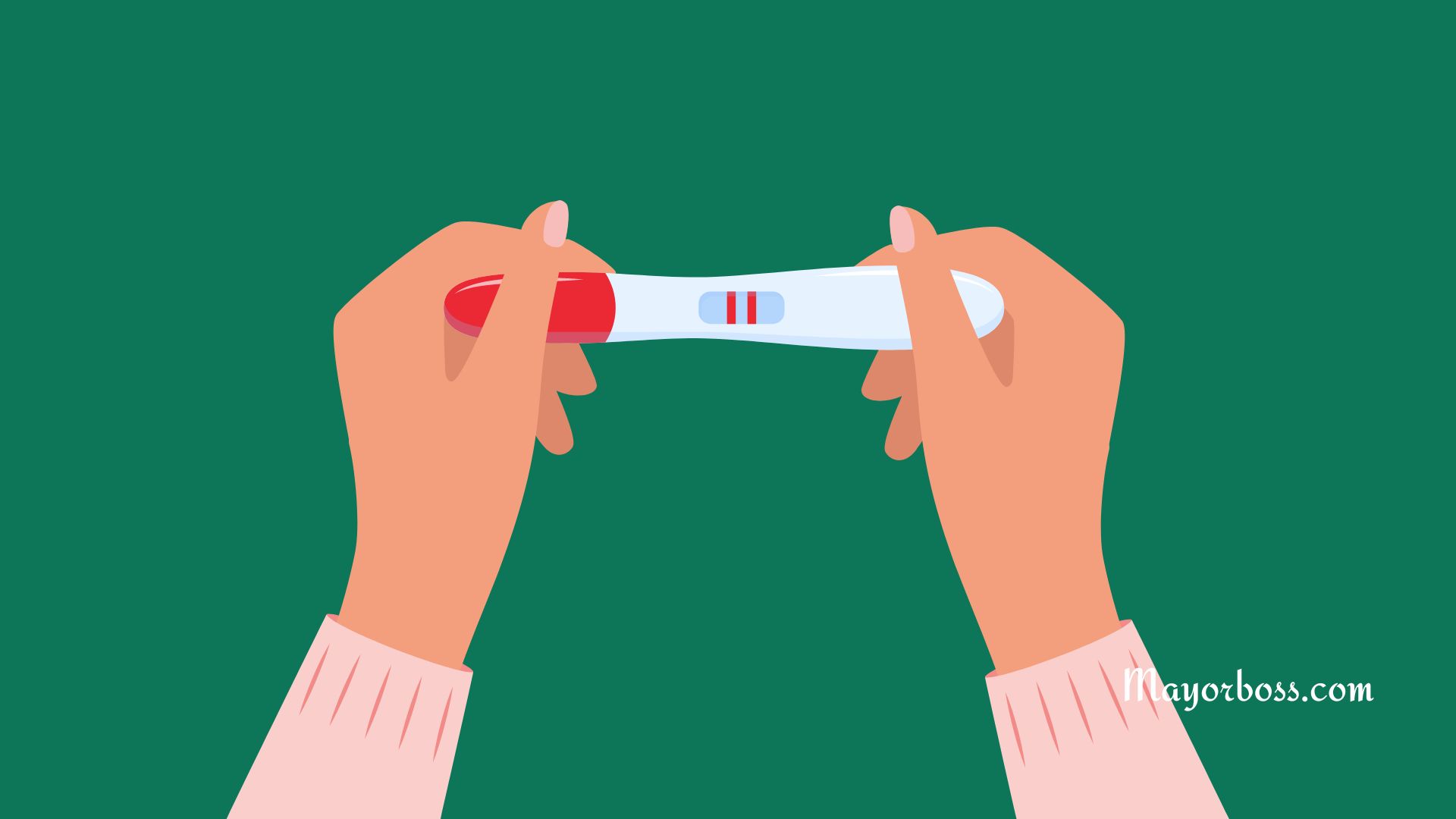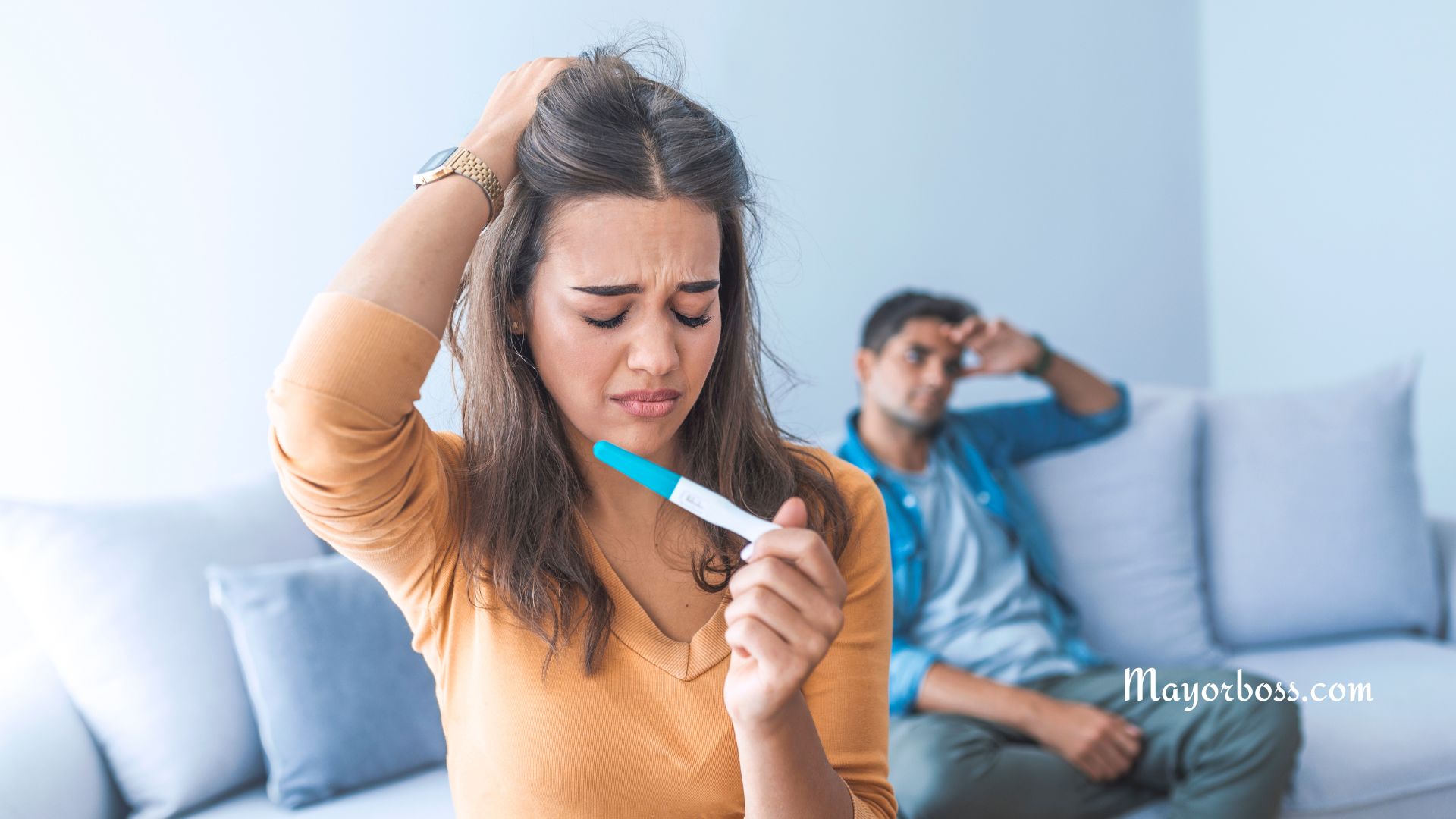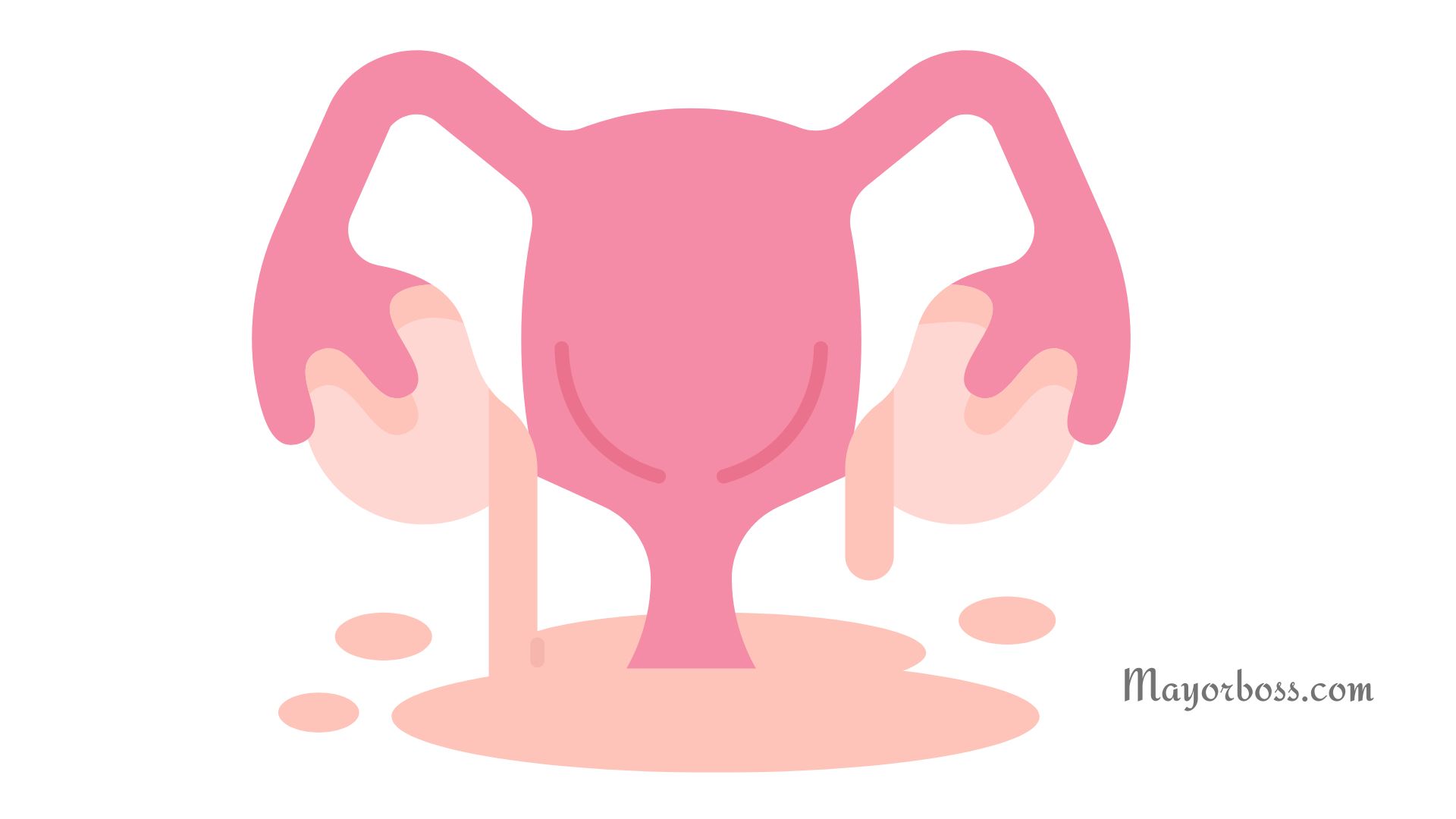11 Reasons Why Watery Discharge Feels Like You Peed Yourself
Why is my discharge watery and feel like pee? Watery vaginal discharge is usually normal. This can be due to natural hormonal changes that happen during different times in a woman’s life, like when she’s ovulating or pregnant, when she’s sexually aroused, or when she’s going through menopause.
Many women experience watery discharge at some point in their lives. It’s usually nothing to worry about and is often just a sign that your body is cleaning itself out. Some women have a discharge daily during their reproductive years. The discharge can be from 1-4 milliliters (approximately one teaspoon). This discharge is usually clear or white and typically odorless.
However, watery discharge can sometimes be accompanied by other symptoms like itchiness, burning, and foul odor. If you’re experiencing any of these symptoms, it’s important to see a doctor to rule out any underlying health conditions.
Why watery discharge may feel like you’ve peed yourself
“Watery discharge can feel like you peed yourself, but it’s actually your body’s way of cleansing the vagina and keeping it healthy!”
Dr. Anita Iroko, MD
Watery discharge can also sometimes feel like you’ve peed yourself. This can be extremely embarrassing and can cause a lot of anxiety. While it’s usually nothing to worry about, there are a few possible causes of this symptom.
1. You Could Be Ovulating
For many women, ovulation (when an egg is released from the ovary) causes an increase in vaginal discharge that can last for several days around the middle of their menstrual cycle each month. This is because, during ovulation, the body produces more estrogen, which in turn increases cervical mucus production to protect the egg during conception. If you notice an increase in watery discharge around the middle of your menstrual cycle, it is likely because you are ovulating. This is a normal process and nothing to worry about.
2. You are aroused
Believe it or not, but sometimes watery vaginal discharge can happen when you are aroused! This is because when you are aroused, blood flow increases to the pelvic region and causes your genitals to swell. This extra blood flow causes the Bartholin’s glands (located near the vaginal opening) to secrete more fluid, which can lead to increased vaginal lubrication, aka watery discharge!
3. Hormonal imbalance
One possible reason for watery discharge is a hormonal imbalance. This can be caused by a number of things, such as stress, diet, and exercise. When your hormones are out of whack, they can cause changes in your vaginal discharge. If you think a hormonal imbalance might be causing your problems, I suggest you talk to your doctor about it.
LEARN MORE: Hormonal Imbalance in Women
4. Foreign objects
If you’ve inserted a foreign object into your vagina, like a tampon, menstrual cup, or condoms, it can irritate the lining of your vagina and cause an increase in discharge.
5. You May Be Pregnant
Many women experience increased vaginal discharge during pregnancy due to changes in their hormone levels. This increased discharge usually starts around the fourth or fifth week of pregnancy and continues throughout the entire pregnancy. In addition to increased discharge, other common pregnancy symptoms include:
- fatigue
- nausea and vomiting
- food cravings and aversions
- tender breasts
- mood swings.
If you think you might be pregnant, take a home pregnancy test or make an appointment with your OB-GYN for confirmation and to start prenatal care as soon as possible.
6. Hormonal contraceptives
Another possible reason for feeling like you peed yourself is if you’re using a hormonal contraceptive, such as birth control pills, vaginal rings, contraceptive patches, and Intrauterine devices (IUDs). These contraceptives can cause changes in your vaginal discharge, which can sometimes make it feel like you peed yourself.
7. You Could Be Experiencing Incontinence
If you find that you’re leaking small amounts of urine when you cough, sneeze or laugh, you could be suffering from incontinence. This is a fairly common problem, especially among older women. There are a variety of treatments available for incontinence, so it’s important to see a doctor if you think this might be the cause of your watery discharge.
8. Menopause
During menopause, many women experience changes in their bodies, including hot flashes, night sweats, sleep problems, mood swings, vaginal dryness, and decreased libido. Some women also experience excessive vaginal discharge during menopause due to changes in their hormone levels—just as they did during pregnancy. However, this type of discharge is usually thin and watery rather than thick and white, like typical pregnancy discharge. If menopausal changes are causing havoc in your life, speak with your doctor about treatment options that can help alleviate your symptoms.
LEARN MORE: What are the 25 Symptoms of Menopause?
9. You May Have Bacterial Vaginosis
Bacterial vaginosis (BV) is another possible cause of the watery vaginal discharge. BV happens when the normal balance of bacteria in the vagina gets thrown off, and too many bad bacteria are present. This can happen for a variety of reasons, including douching too frequently or having unprotected sex with multiple partners. Other symptoms of BV include itching, burning, and foul-smelling discharge. If you think you might have BV, it’s good to see a doctor. Left untreated, BV can lead to serious health problems like pelvic inflammatory disease (PID).
10. You have sexually transmitted diseases (STDs)
Watery discharge can sometimes be a symptom of certain sexually transmitted diseases (STDs), such as chlamydia, trichomoniasis, or gonorrhea. Other common symptoms of STDs include:
- itching or burning sensations around the vagina
- pain during urination
- unusual bumps or sores around the genitals
- pain during sex
- abnormal bleeding between periods or after sex.
If you think you might have an STD, it’s important to get tested as soon as possible so that you can begin treatment if necessary and avoid passing the infection on to others.
11. You Might Have an Infection
Urinary tract infections (UTIs) are a common cause of watery discharge. Other symptoms of a UTI include:
- pain or burning when urinating
- foul-smelling urine
- the feeling that you need to urinate even when your bladder is empty.
If you think you might have a UTI, it’s important to see a doctor so that you can get started on treatment right away. Untreated UTIs can lead to serious kidney problems.
SEE ALSO: 12 Home Remedies for UTI (Urinary Tract Infection)
How do you stop watery discharge?
- Wear cotton underwear: Cotton is a breathable material that will help to absorb any excess moisture. Synthetic fabrics, on the other hand, will trap moisture against your skin and can make the problem worse.
- Avoid tight-fitting clothing: Clothing that is too tight can restrict airflow and create an environment that is more conducive to bacterial growth. Instead, opt for loose-fitting clothing made from natural materials like cotton or linen.
- Avoid Irritants: There are lots of things that can irritate your private area and cause more watery discharge than usual. Things like tight clothing, vaginal sprays, perfumes, Douches, and even certain laundry detergents can irritate the delicate skin down there. If you find that something is causing irritation, stop using it or take steps to lessen the irritation (like switching laundry detergent).
- Stay Hydrated: Believe it or not, one of the best ways to reduce watery discharge is to drink lots of water. I know it sounds counterintuitive, but if you’re well hydrated, your body won’t need to produce as much watery discharge to keep itself moisturized. So drink up!
- Consider taking probiotics. Probiotics are live bacteria that are good for your gut health. They can also help to regulate your vaginal pH levels and reduce the risk of infection. Probiotics are found in yogurt, fermented foods, and supplements
Final thoughts
So there you have it, some possible reasons why your watery vaginal discharge feels like you peed yourself. Remember that unless your discharge is accompanied by other symptoms such as itching or burning, chances are it’s nothing to worry about. However, if you’re ever uncertain or concerned, please see your doctor!






